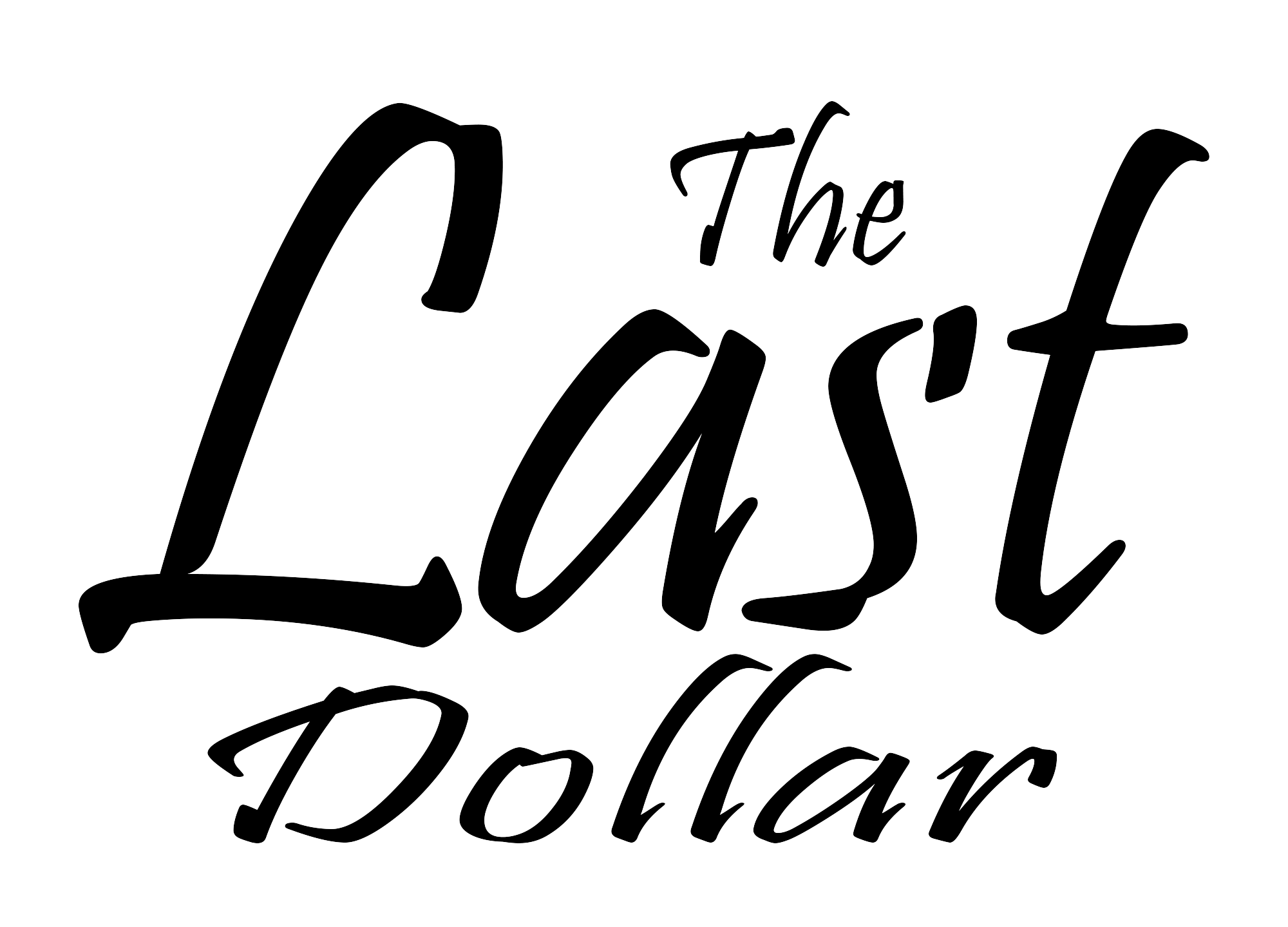Debt anxiety is a real struggle that affects millions of people. The constant stress of owing money can take a toll on your mental health, relationships, and overall well-being. However, managing debt anxiety is possible with the right mindset and strategies. Instead of feeling anxiety, you can take control of your finances and stay motivated on your journey toward debt free financial freedom.
Understanding Debt Anxiety
Debt anxiety occurs when financial obligations feel overwhelming, leading to stress, fear, and even physical symptoms like insomnia or headaches. Some common reasons people experience debt anxiety include:
- High-interest rates and growing balances
- Collection calls and missed payments
- Fear of never becoming debt-free
- Social pressure and comparison with others
- Uncertainty about the future
If any of these resonate with you, it’s important to know that you’re not alone—and that there are practical steps to regain control.
Step 1: Face Your Debt Head-On
Ignoring your debt won’t make it disappear. The first step is to confront it by:
- Listing all your debts, including amounts, interest rates, and minimum payments.
- Checking your credit report to get a full picture of your financial situation.
- Setting a realistic debt repayment goal based on your income and expenses.
Understanding exactly what you owe will help you feel more in control and less anxious.
Step 2: Create a Realistic Repayment Plan
Once you know your debt situation, create a plan that works for you. Popular debt repayment methods include:
- The Snowball Method: Pay off the smallest debts first for quick wins, then move to larger ones.
- The Avalanche Method: Pay off the highest-interest debts first to save money in the long run.
Choose the method that keeps you motivated and aligns with your financial situation.
Step 3: Build an Emergency Fund
One of the biggest sources of debt anxiety is the fear of unexpected expenses. Even a small emergency fund (such as $500–$1,000) can prevent you from relying on credit cards when something unexpected happens. Start small and gradually build your savings over time.
Step 4: Develop Healthy Financial Habits
To avoid accumulating more debt, focus on building strong financial habits:
- Budgeting: Track your income and expenses to ensure you’re living within your means.
- Spending Mindfully: Differentiate between needs and wants, and avoid impulse purchases.
- Automating Payments: Set up automatic payments to avoid late fees and improve your credit score.
The more control you have over your money, the less anxiety you’ll experience.
Step 5: Stay Financially Motivated
Staying motivated throughout your debt repayment journey is crucial. Try these strategies:
- Celebrate Small Wins: Paying off even one debt is a big accomplishment. Acknowledge your progress.
- Visualize Your Debt-Free Future: Imagine the freedom and peace of mind that come with being debt-free.
- Surround Yourself with Positivity: Follow personal finance blogs, listen to success stories, or join online debt-free communities.
- Reward Yourself Responsibly: Treat yourself to small, budget-friendly rewards when you hit milestones.
Step 6: Seek Support if Needed
If debt anxiety is significantly affecting your mental health, consider seeking professional help. Financial advisors, credit counselors, or even therapists can help you manage stress and find solutions that work for you.
Conclusion: Debt Anxiety
Debt anxiety can feel overwhelming, but with a structured approach and the right mindset, you can take control of your financial future. Start with small steps, stay motivated, and remember that progress—no matter how slow—is still progress. The journey to financial freedom is challenging, but the peace of mind that comes with being debt-free is worth every effort.
Discover our expert blogs for insightful tips on managing your finances effectively! Also, don’t forget to follow us on X.












